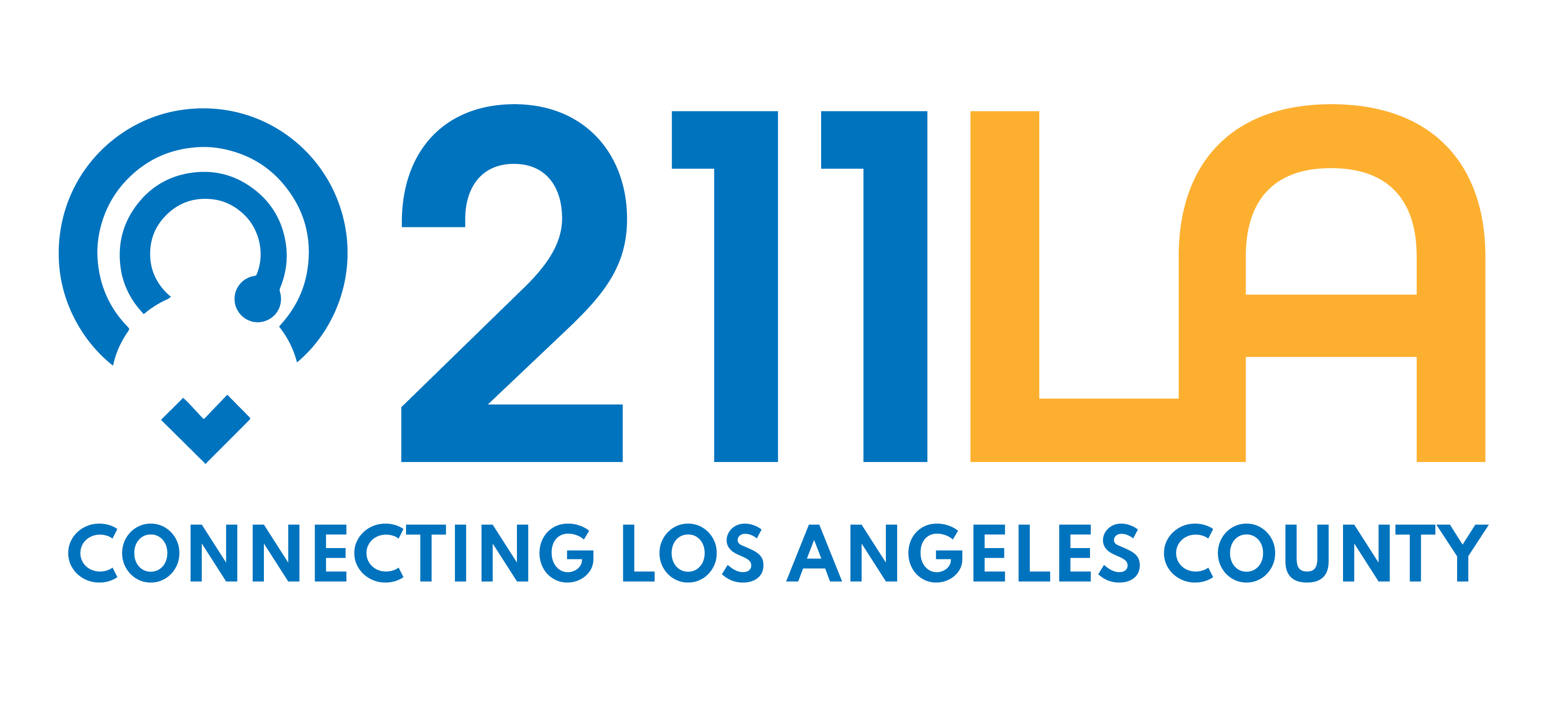
CAIRS Webinar Series
-
Register
- Leadership - Free!
- Supporting Staff - Free!
- External Partner - Free!
The California Alliance of Information and Referral Services (CAIRS) is happy to share this opportunity with current members of CAIRS/AIRS, the California Association of Area Agencies on Aging, and the California Foundation for Independent Living Association. This year, our focus will be to increase awareness about trauma-informed care and the tools necessary to support our community.
-
Contains 2 Component(s)
Participants will learn a tool for shifting from empathy to compassion to decrease the risk for fatigue, burnout, and vicarious trauma, as well as strategies for maintaining a healing presence and staying in service when witnessing human suffering. Participants, will also have the opportunity to self-assess their level of self-compassion to support self-awareness and a plan for self-care. The presentation will include the following content: Describe the human stress response- how we are wired and move through the world. Define empathy and compassion from a neurobiological perspective. Illustrate the difference between compassion fatigue vs. empathetic distress fatigue. Assess the level of self-compassion Apply mindfulness and compassion skills training for psychological well-being.
Laurie Ellington, CEO/Zero Point Leadership MA, LPC, MCC, HMCT, RYT, NBC-HWC
Laurie Ellington is co-founder and Chief Executive Officer of Zero Point Leadership, a leading-edge neuroscience-based organization for personal and leadership learning and development. She is also the co-author of Six Steps to Unlocking Extraordinary Leadership: The Neuroscience of High-Performance Leadership. Laurie is among the pioneers who recognize that we can change the world by harnessing the power of the connection between the heart and the mind. Combining research from modern neuroscience, mind-body research, heart intelligence, flow, and mindfulness, she helps individuals, teams and organizations experience transformational shifts in the way they think, feel, and show up in the world.
-
Contains 2 Component(s)
The presentation will include the following content: Film excerpts and video interviews featuring hate crime victims, investigators and victim advocates Listening to and learning from those who were harmed When hate hits home/ Understanding the needs and perspectives of victims, family members and the broader targeted community in the aftermath of a traumatic hate incident The Hate Crimes Reporting Gap and how to address it at the local level How community response to hate help improve reporting and prevention How to engage your community to improve hate crime reporting
PATRICE O’NEILL is a filmmaker and CEO of the Oakland-based non-profit strategic media company, The Working Group and leader of Not In Our Town. Her film Not In Our Town began as a half-hour
PBS special and turned into a dynamic movement to stop hate and build inclusion in communities across the U.S. and around the world. For twenty years, O'Neill has fostered a network of “Not In Our
Town” activists and helped lead screenings and town hall meetings to launch sustainable hate response and prevention efforts.PARDEEP KALEKA is Executive Director of Interfaith Conference of Greater Milwaukee, Published Author of “The Gifts of Our Wounds,” and Intervention Specialist who works with families and individuals involved in extremism. Pardeep is also an award-winning community columnist on mental health with the Milwaukee Independent and Licensed Trauma Clinician who works with victims, perpetrators, and communities impacted by violence.
-
Contains 2 Component(s)
Associate Professor Dr. Allen E. Lipscomb explores : 1. How implicit biases are developed, function, and impact our work (i.e., gender bias, racial bias, etc.) and provide methods for filtering our biases. 2. Self-care practices, critical self-reflection assessments, and cultural humility as positioning to honor, support, and affirm culturally unique experiences.
Dr. Allen Liscomb is an Associate Professor and Director of Online and off-site M.S.W. Programs and Minority Male Mentoring (M3) and Student Success Allies (S.S.A.) programs at California State University Northridge in the Department of Social Work. During this recording, Allen will connect participants to his coined word, 'J.E.D.I.,' and explore the 4 A's of critical self-reflection.
-
Contains 2 Component(s)
The aim of this training is designed to deepen your awareness of justice, equity, diversity, and inclusion when providing trauma-informed care services to diverse populations. Additional topics will include positionality, cultural humility, and antiracist practices. Key Points: 1. Exploring how implicit biases are developed, function, and impact TIC work. 2. Identifying justice, equity, diversity, and inclusion of TIC when working with marginalized and oppressed groups. 3. To understand the shift from cultural competence to cultural humility as positioning to honor, support, and affirm cultural and other oppressive experiences.
Allen E. Lipscomb is an Associate Professor and Director of Online and Offsite MSW Programs as well as Director of Minority Male Mentoring (M3) and Student Success Allies (SSA) program at California State University Northridge in the Department of Social Work. Dr. Lipscomb is a clinical psychologist by the highest degree earned and a Licensed Clinical Social Worker in the State of California. Dr. Lipscomb received his doctorate in Psychology (Psy.D.) with a clinical emphasis in marriage, family, and child psychotherapy from Ryokan College and his Master of Social Work (MSW) from the University of Southern California. Upon completing his doctorate, he earned a certification in mixed-methods community-based research from the University of Michigan in the School of Social Work. In addition, Dr. Lipscomb studied diversity and inclusion practices within organizations through Cornell University, earning a certification from the School of Industrial and Labor Relations at Cornell.






